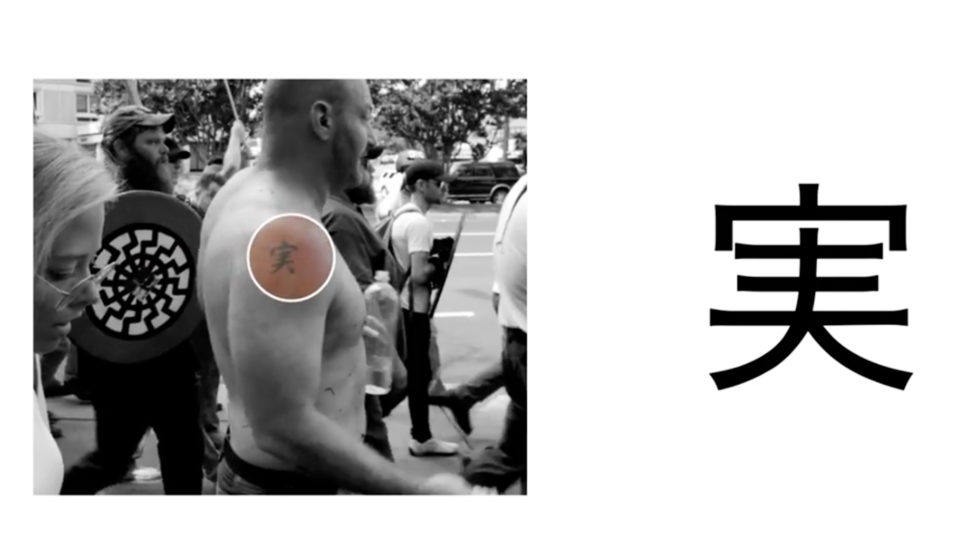During a search for something else, I happened upon this page at the Bible Study Tools site. It provides a nice reminder (for the two or three people out there who might still need it) of the fact that it's dangerous to trust websites, in linguistic matters or in anything else. As the screenshot shows, it purports to show Psalm 86 in two parallel versions, the Latin Vulgate and the New International Version.

"Filiis Core psalmis cantici fundamenta eius in montibus sanctis" is translated as "Hear me, Lord, and answer me, for I am poor and needy." The correct translation is debatable, but the first four words mean "A song psalm for the sons of Korah", and the rest means either "Its foundations are in the sacred hills" or (according to the Revised Standard Version) "On the holy mount stands the city he founded." Verse 2, "Diligit dominus portas Sion super omnia tabernacula Iacob" (roughly, "The Lord loves the gates of Sion more than all the dwellings of Jacob") is translated as "Guard my life, for I am faithful to you; save your servant who trusts in you. You are my God." The third verse begins Gloriosa dicta sunt ("glorious things are spoken") but is translated as "have mercy on me". This is worse than the worst botch I ever saw from Google Translate. And I suspect human error is to blame.
Read the rest of this entry »




